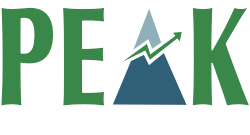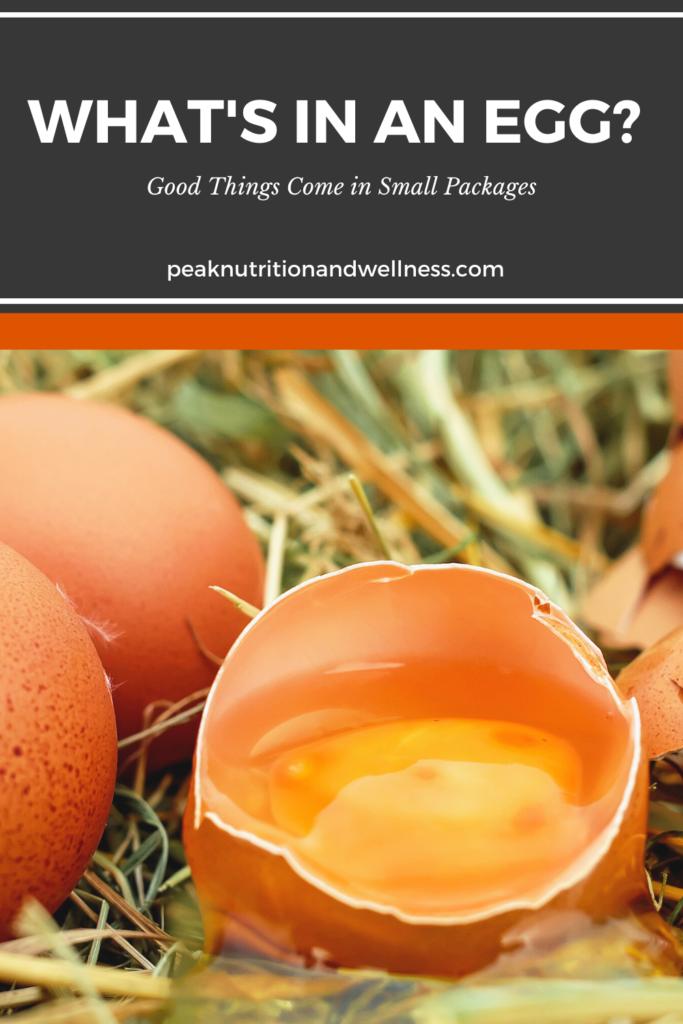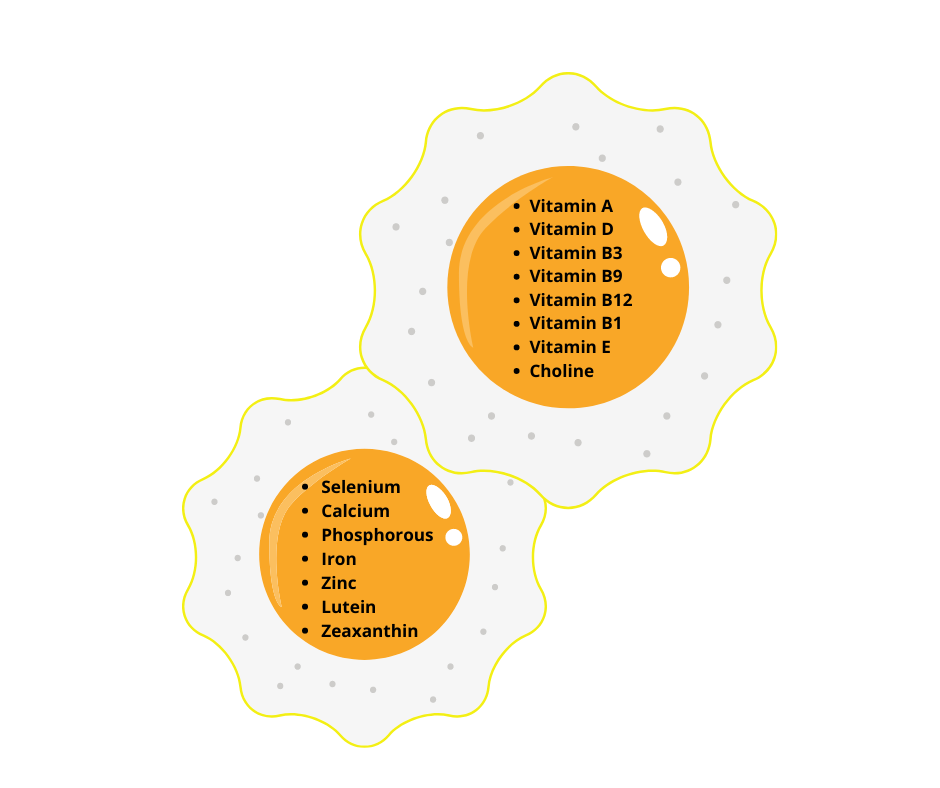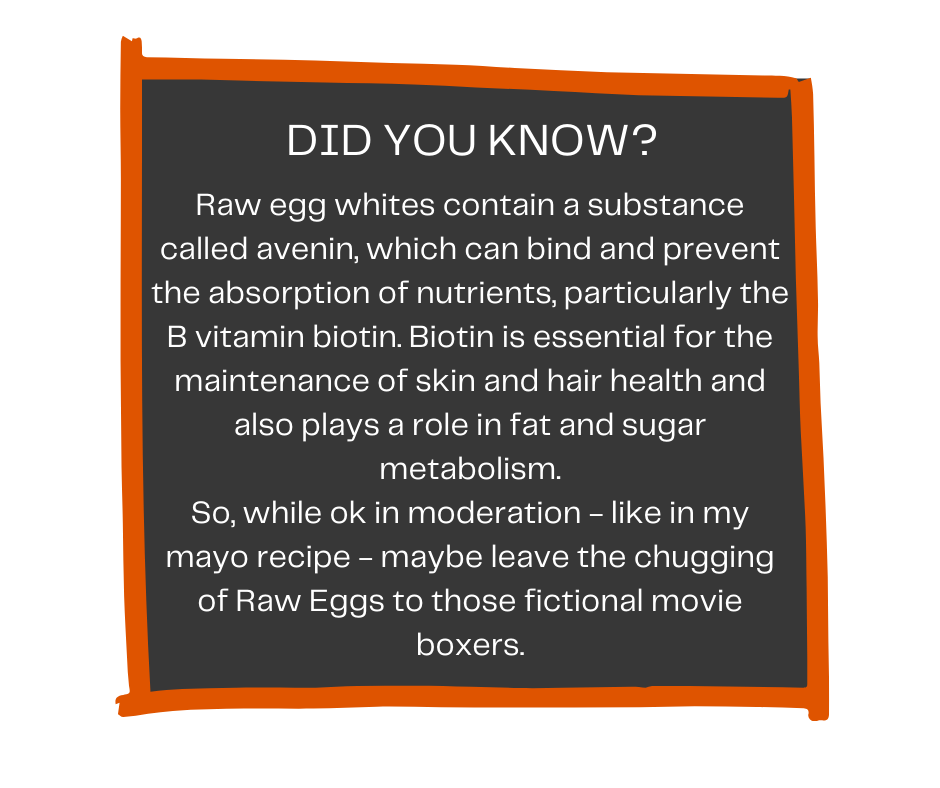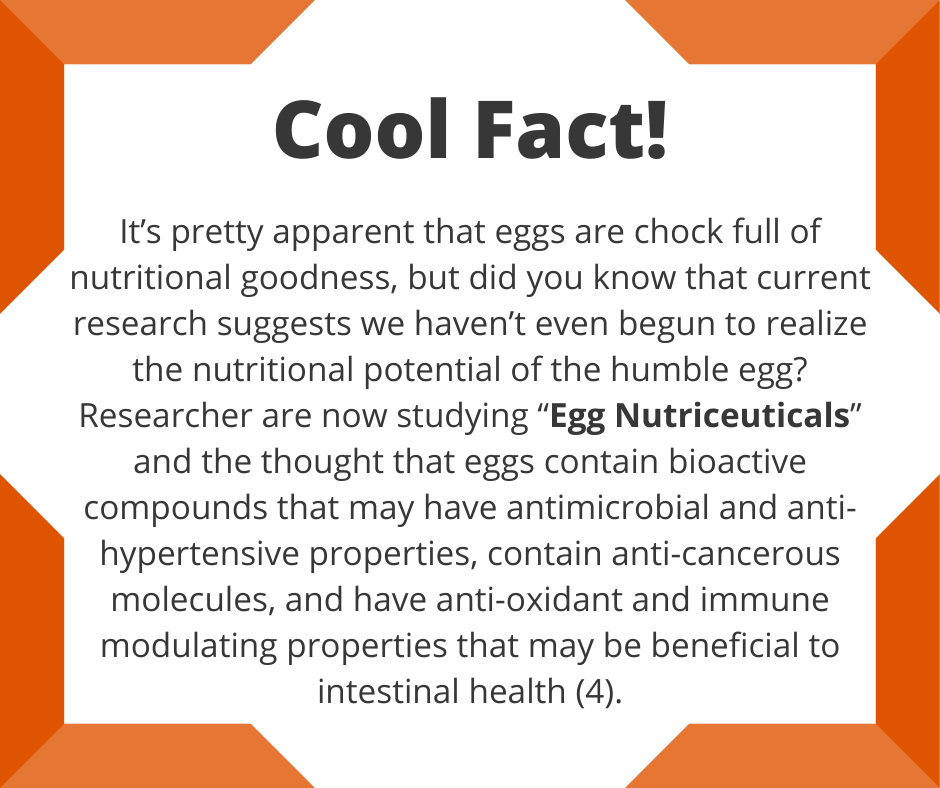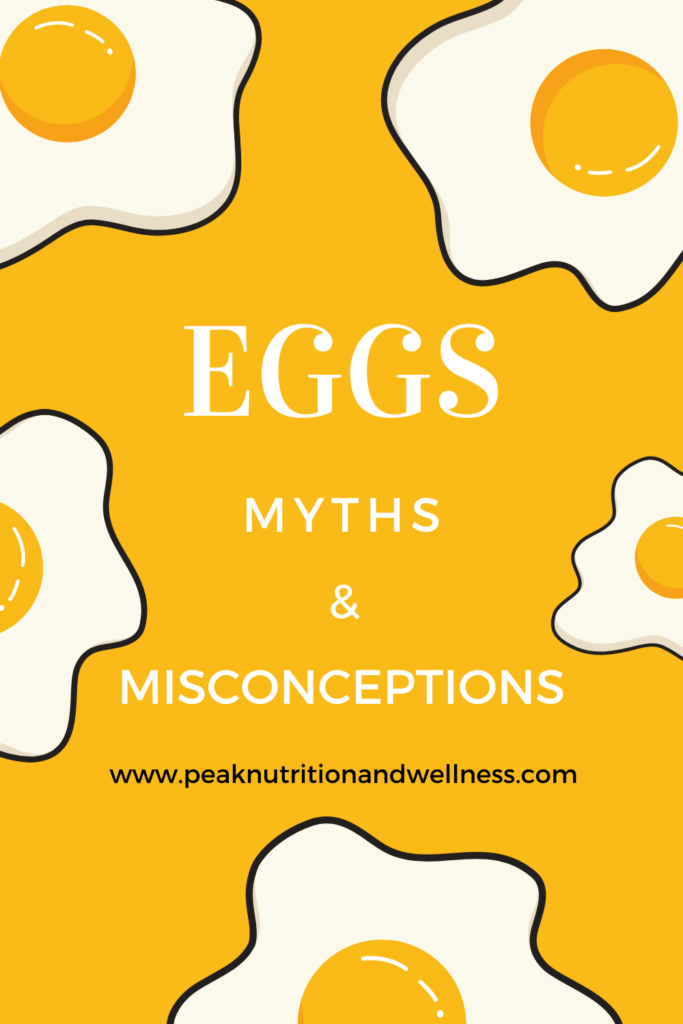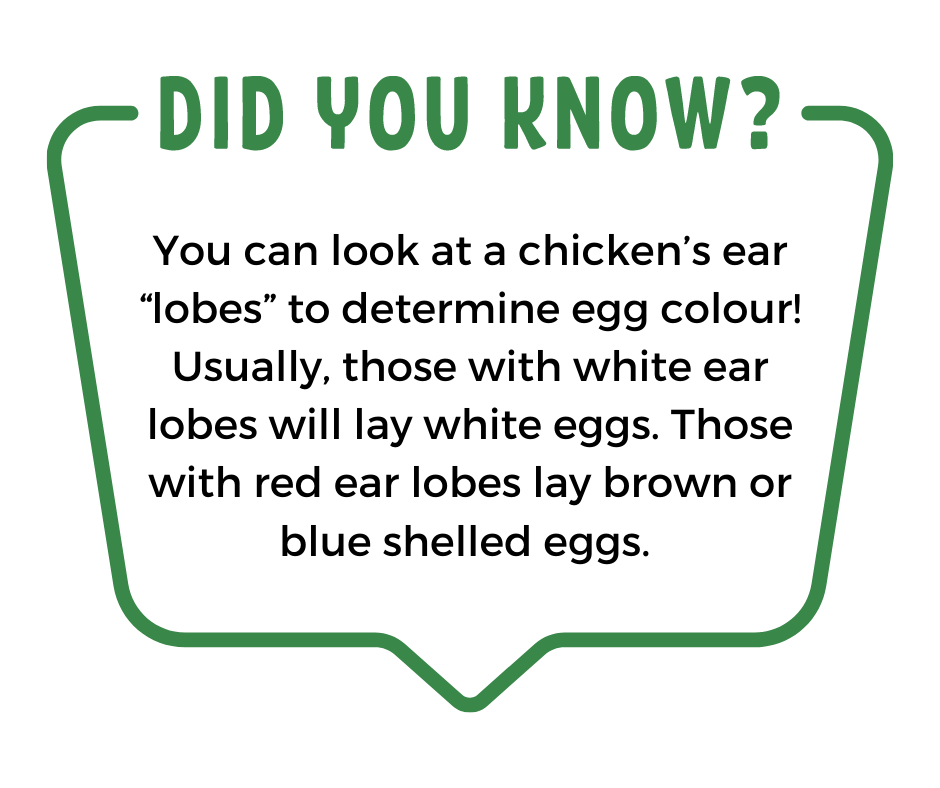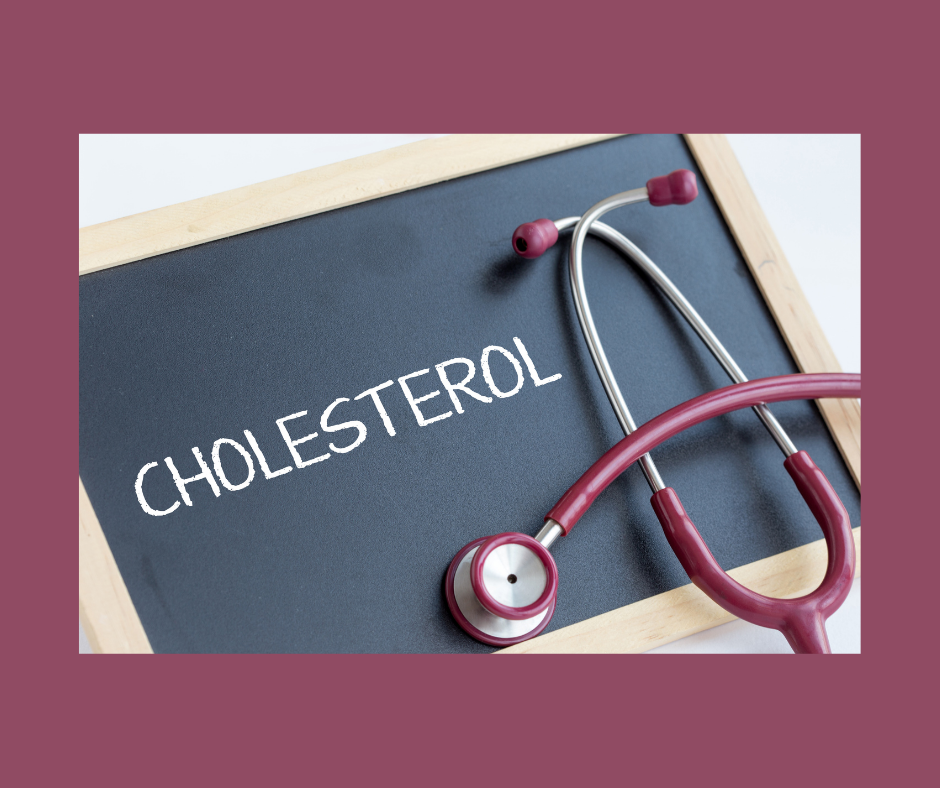
It’s hard to believe summer is soon coming to an end. As much as I’ll hate to see the Pacific Northwest rain clouds replace the summer sunshine, I do love autumn. The colourful leaves, crisp air on morning walks, cozy sweaters and swapping out grilled foods for some comforting, slow cooked fare – all are great reasons to embrace the change of the season!
As the weather changes outside, it’s also a great time to check in with our internal environment and how we are feeling. Tuning into our bodies and the subtle messages they send us is something most of us need to work on. Our lifestyles and responsibilities keep us focused on, and prioritizing, pretty much everything but ourselves! We take our cars in for regular inspections (or, um, we should), so we should definitely be doing regular “mileage” inspections on the state of our well-being!
Check-in With Yourself

Take a few minutes during your day. Find someplace quiet and free of distractions. Drop out of your stressed, fight and flight state by taking several slow, deep belly breaths. Now – what are you noticing? Some questions you might ask yourself are:
How’s my energy level? Are you dragging yourself through the day, fuelled on caffeine and sugar? Do you need to snack to make it through to your next meal?
How am I sleeping? Are you getting 7-8 hours of quality sleep? Do you wake up during the night and can’t fall back asleep? Do you wake up tired or refreshed?
How’s my digestion? Symptoms like heartburn, bloating, constipation, diarrhea, abdominal pains, stools that float or are light coloured, or undigested food in the stool are all warning lights that require some attention.
Am I nourished? Feeding ourselves regularly doesn’t necessarily mean we are nourishing ourselves. Relying on packaged and processed foods, hitting the drive thru on the reg and consuming foods high in sugar might fill the belly, but they aren’t fuelling your body with the nutrients it needs to work optimally.
What other things are showing up that aren’t “normal”? – Headaches? Joint Pain? Anxiety? Skin rashes? We often get so used to these type of symptoms that they become our status quo. They may be common, but they aren’t NORMAL. Symptoms are your body’s warning lights and it’s way of telling you something isn’t right!!
Now that you’ve run through your checklist, what have you discovered?
It could be you realize summer ice creams have become a daily occurrence or you completely Hulk out on anyone in your vicinity when you miss your between meal snack. Maybe you can’t remember the last time you slept through the night or perhaps the drive-thru guy knows you by name. You might realize your bathroom has become your second home or, you can’t pinpoint exactly what is wrong, but you know you just don’t feel your best. If any of these things hit home, it may be time for a RESTART®.

What is RESTART®?
The RESTART® program is a 5 week, online, group program that combines loads of nutritional education and a 3 week sugar detox. When you add in the element of group support, it’s a powerful (and fun!) combination.
Who should RESTART®?
Whether you have been dabbling in healthy eating for awhile or don’t know your kale from your kohlrabi, RESTART® is for you! It’s the perfect combination of education and action that teaches you, not only how food affects us, but lets you experience how powerful real food can be. RESTART® is great for individuals, couples or families. You can join with a friend to have an accountability buddy or make pals in class or the free Facebook group.
Since the classes are conducted via Zoom, you can join from the comfort of home, no matter where in the world you are located!
Why RESTART®?
Maybe the question should be “Why NOT RESTART®”? Let’s face it, most of us need to do a better job of putting ourselves, and our health, first. Self-care isn’t selfish! To paraphrase a quote from Katie Reed, self care allows you to give the world the best of you, instead of what’s left of you!
Everybody gets a little something different out of the RESTART® program. Below is a list of some of the benefits RESTART® participants have experienced.
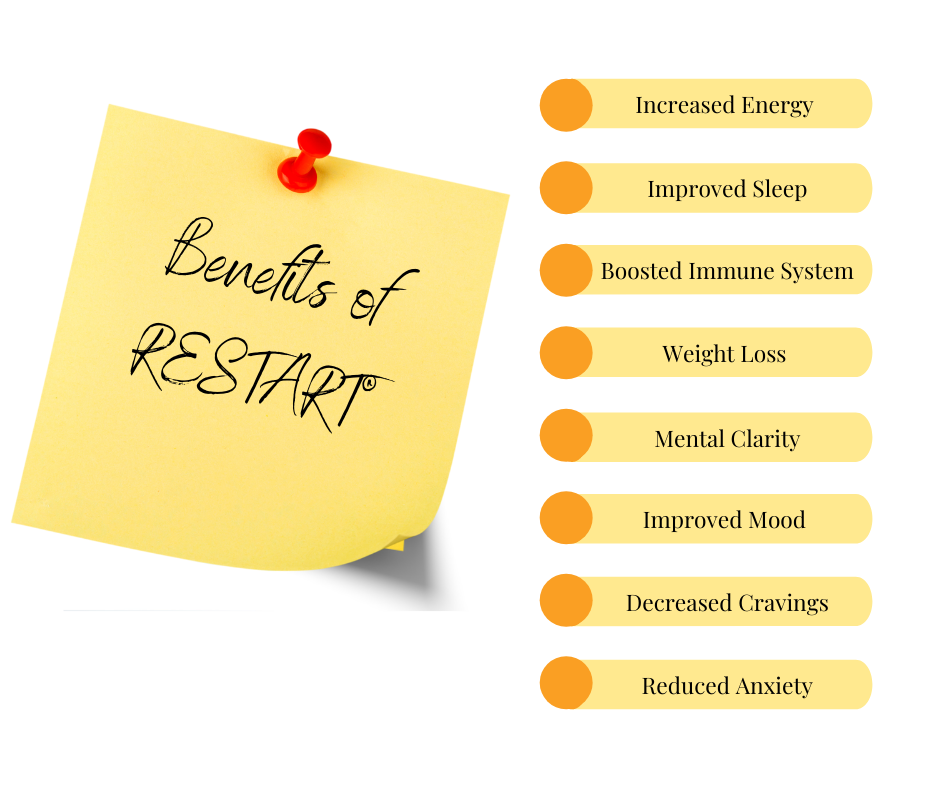
Where and When is RESTART®?
I’m super excited to be offering THREE different class times this fall! All classes are conducted live on Zoom.

How can I register for RESTART®?
If you think you could use a RESTART®, you can register for class by clicking HERE.
If you have more questions about RESTART®, visit the RESTART® page on this website or send me a message HERE. I’d love to chat with you about it!
Oh! One last thing! If you don’t see a class time that fits your schedule, contact me. I’m happy schedule additional group classes (minimum of 4 participants) at a date and time that works for everyone!
What are you waiting for? Go on! Get (RE)STARTED!!

